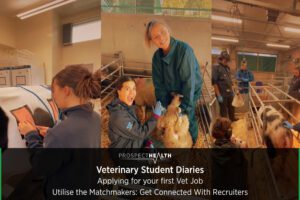
Vet Student Diaries – Applying for your first Vet Job – Utilise the Matchmakers: Get Connected With Recruiters
December 11, 2025
Anna Pill is a final year veterinary student at Liverpool university. In Anna’s next blog she chats about applying for your first Vet job and the role of professional recruiters in helping to find a great new job as a graduate veterinary surgeon.
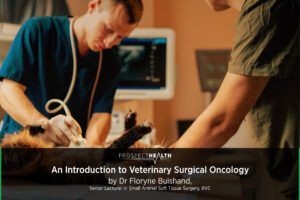
Veterinary CPD webinar – An Introduction to Veterinary Surgical Oncology
December 10, 2025
Veterinary surgical oncology is an exciting and evolving subspecialty at the intersection of surgery, pathology, and oncology. It focuses on the diagnosis, staging, and surgical management of cancer in animals, often requiring close collaboration between surgeons, medical oncologists, radiation oncologists, pathologists, and diagnostic imagers.
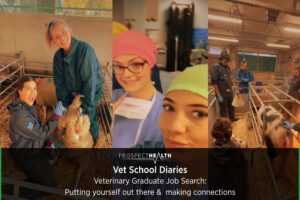
Vet School Diaries – Veterinary Graduate Job Search: Putting yourself out there and making connections
November 26, 2025
Anna Pill is a final year veterinary student at Liverpool university. In Anna’s next blog she chats about making connections and putting yourself out there to find yourself a great new job as a graduate veterinary surgeon.
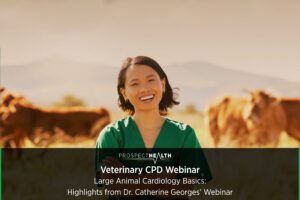
Veterinary CPD webinar – Large Animal Cardiology Basics for Veterinary Students
November 20, 2025
In a recent webinar, Dr. Catherine Georges, a board-certified veterinary cardiologist fresh from her residency at the University of Florida, shared a concise, practical overview of important cardiovascular conditions in horses, cattle, camelids, goats, sheep, and pigs, all relevant for both clinical practice and NAVLE® preparation.
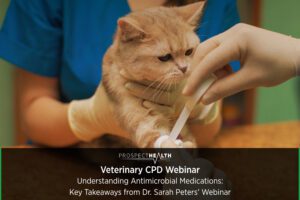
Veterinary CPD webinar – Understanding Antimicrobial Medications for Veterinary Students
November 12, 2025
Anaemia is a common finding in veterinary practice, and understanding it is crucial for accurate diagnosis and treatment. While it can sometimes be the primary reason a pet is brought to the clinic, it often serves as a signal of an underlying health issue. In this webinar Dr Stephanie Mitze demystifies anaemia and helps you understand the common causes, presentations and diagnosis.

